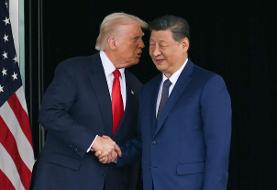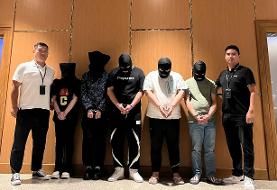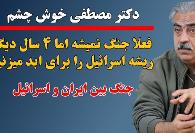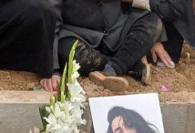Ancient Persia's gift to the world on display in America now
The Cyrus Cylinder, perhaps world's most iconic object and oldest bill of "religious freedom" is on rare display in America starting March 9 at Arthur M. Sackler Gallery (event link). Inscribed upon the baked-clay cylinder in spiky cuneiform script is a proclamation made by the Persian king Cyrus the Great when he conquered Babylon in 539 BC. Noting that he was “king of the universe” – the Persian Empire then was the largest the world had ever seen – Cyrus describes how he peaceably captured Babylon and set free captured minorities, including the Jews. Cyrus declares religious freedom for his newly conquered people, “I permitted all to dwell in peace,” reads the last line on the cylinder. Historically, Cyrus encouraged Jews to return to Jerusalem and build the second temple, which earned him the title “shepherd of God” and even the “Lord’s anointed” (Messiah) in the Book of Isaiah.
Although the Cylinder was not discovered until 1879, Cyrus’s support for religious tolerance has inspired generations of philosophers, rulers, and statesmen—from ancient Greece to the Renaissance, and from America's Founding Fathers to leaders in the modern-day. The arrival of the Cylinder in America has even prompted hope that it could bring Iranians and Americans closer to each other. "Can an ancient hunk of clay bearing a message of tolerance from the Persian Empire help Americans and Iranians chip away at a generation of mutual hostility?" asks Christian Science Monitor's Scott Peterson. Also, at the British Museum send-off of the cylinder to the US, Karen Armstrong, a well-known religious scholar stated: "Cyrus provided the example of a world leader “compassionate and respectful for other peoples, and this is the challenge I think that the Cylinder gives us today, and also its great hope .. The ideas of the Persian tradition permeate the Western tradition, and it’s there at a profound level."

On loan from the British Museum, this remarkable object makes its US debut at the Sackler. It is shown with a number of key items that offer insight into the religious, cultural, and linguistic traditions of the vast and powerful Achaemenid Empire (539–331 BCE) founded by Cyrus the Great.
The Cyrus Cylinder and Ancient Persia: A New Beginning (Link to other tour events in America) is organized by the British Museum in partnership with the Iran Heritage Foundation and the Arthur M. Sackler Gallery, Smithsonian Institution. The exhibition is supported by an indemnity from the Federal Council on the Arts and the Humanities. Major support for the Sackler’s presentation is provided by the Leon Levy Foundation.























































